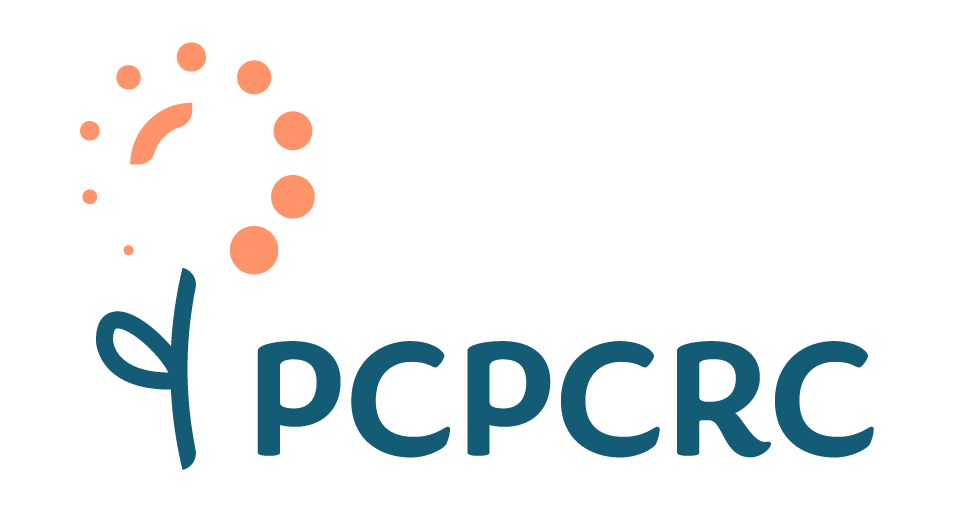In 2022, we awarded four one-year-long grants of $20,000. Here are the abstracts from our winners.
Palliative care Awareness and Referral patterns of Adolescents and young adults with Life Limiting illness at End of Life (PARALLEL study)
Dr. Mohamed Abdelaal
The Ottawa Hospital
Very little is known about the palliative care referral patterns of Adolescents and Young Adults (AYA) patients, and the referral practices of their medical teams in Ontario. To help address this gap in medical care, a retrospective study will be conducted to describe the referral patterns of AYA patients to palliative care, and define the factors associated with the incidence and timing of these referrals. AYA patients, aged 15-39 years old, who died as a result of any life limiting illness (malignant and non-malignant) in Ontario between 01 January 2017 and 31 December 2021 will be identified. Data about timing of palliative care referral, and characteristics of the referring service, including medical specialty, age and practice location of the referring healthcare provider, and type of palliative care service requested will be obtained. The findings of the current study will help improve the palliative care referral process of AYA patients, and will inform a qualitative study to be conducted in 2023/2024.
Exploring the Facilitators to and Barriers in Providing Outpatient Palliative Care to Refugees: A Mixed Methods Case Study
Dr. Priya Gupta
Division of Palliative Care
Department of Family Medicine
McMaster University
Despite palliative care being key to the right to health, there is a significant gap in equitable access. Due to lack of or delay in obtaining provincial health coverage, Canadian refugees face significant challenges in accessing community palliative care services and therefore, are more likely to have aggressive medical interventions at the end of life. The goal of this project is to explore the challenges refugees face when trying to access palliative care in the greater Hamilton, Ontario area. This project explores these questions by interviewing healthcare professionals in the community who provide palliative care and refugee patients who have palliative care needs. We will also look at administrative data that will provide a holistic understanding of palliative care access. This project ultimately hopes to shed light on the refugee experience in palliative care and begin the process of closing the inequitable gaps that exist for refugees accessing palliative care.
Speaking Compassionately with Seriously Ill Chinese Immigrants and Their Caregivers (仁医仁语)
Dr. Zhimeng Jia
Temmy Latner Centre for Palliative Care
The limited evidence describing the quality of Chinese patients’ care during serious illness reveals significant inequities. Although healthcare disparities are evident for all racial and ethnic minorities, most efforts to understand and alleviate these disparities have focused on indigenous, Black and Hispanic communities. As a result, there remains a paucity of literature aimed at understanding and alleviating health inequities among Chinese and Asian adults with serious illness in North America. Palliative care may be uniquely positioned to address these health disparities, because it aims to provide “active holistic care of individuals across all ages with serious health-related suffering due to severe illness and especially of those near the end-of-life.” While growing research points to the benefit of palliative care during serious illness, including improved quality of life, care satisfaction, and care outcomes, the role among marginalized, minoritized, and racialized communities are unknown.
The overall purpose of this research plan is to better understand the perceived role and lived experiences of palliative care among Chinese patients through a combination of recorded naturally-occurring conversations and in-depth interviews. The generated data will be used to develop a culturally-tailored communication intervention to improve seriously ill Chinese patients’ and their caregivers’ engagement and satisfaction with palliative care.
Embedded Palliative Outpatient Care for Heart disease (EPOCH): Innovative Research in Palliative and End-of-Life Care in an Ambulatory Heart Failure Population
Dr. Caroline McGuinty
University of Ottawa Heart Institute
Heart failure (HF) is a chronic, progressive and highly symptomatic disease. There are over 600,000 Canadians living with the disease and 50,000 new cases diagnosed each year. It remains the most common reason for hospital admissions in patients over 65 years of age. Palliative Care is an approach that improves the quality of life of patients with life-threatening illness and their caregivers and is well suited for patients with HF. Despite the demonstrated benefits of palliative care in cancer, there is limited evidence for palliative care in HF, and even more limited evidence on outpatient palliative care for HF.
There is a need for a model of outpatient palliative care for patients with advanced HF and their families. Our study aims to explore the care provided by a novel specialized cardiac palliative outpatient clinic and how patients and caregivers perceive care provided by that clinic. We will describe this novel outpatient program through a chart review and qualitative interviews. Our chart review will identify patient demographics, processes of care, and outcomes. Our qualitative interviews will explore patient and caregiver perspectives as to why an outpatient palliative program for patients with HF is effective, and garner suggestions regarding how this model can meet their care needs. This study will inform the ongoing design and delivery of palliative care for patients with HF and can be applied to other diseases such as advanced lung and kidney disease.

